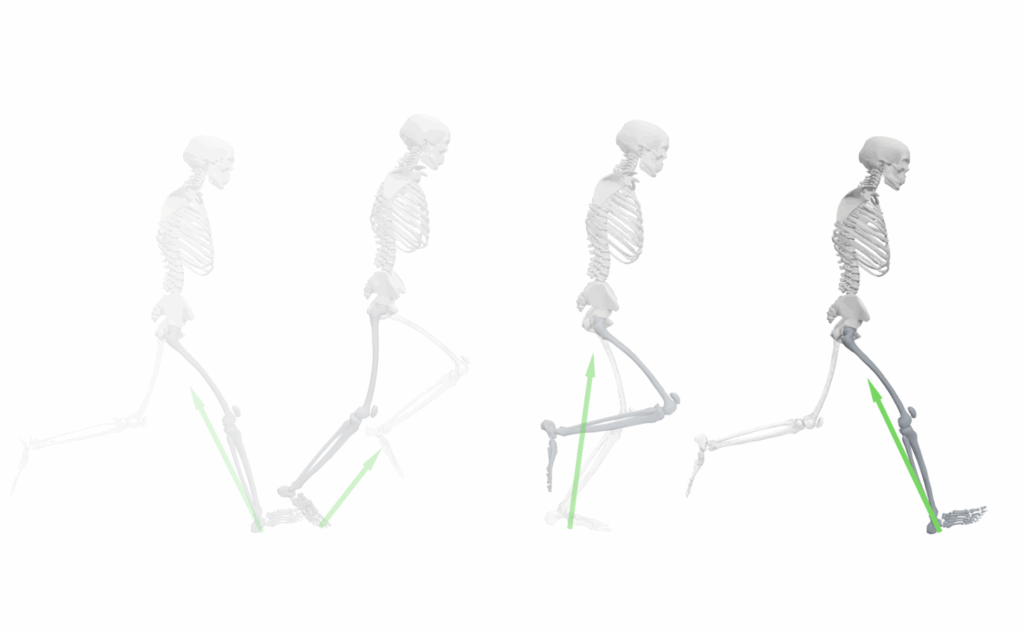Time-restricted eating influences the gene expression of 22 organs and brain regions
Collaborators

‘Tis the New Year and resolutions are in full swing. For some, time-restricted eating and its many purported health benefits have convinced them to give the wellness strategy a go. Others are left stumped as to what to do, especially with recent counter-arguments and a gap in knowledge about what happens in the body on a molecular level.
Now, Wu Tsai Human Performance Alliance leader Satchidananda Panda, a professor from the Salk Institute, and a team of researchers have found that time-restricted eating influences gene expression across 22 organs and brain regions in mice. The research could have implications for a range of health conditions, such as diabetes, heart disease, hypertension, and cancer.
 “By changing the timing of food, we were able to change the gene expression not just in the gut or in the liver, but also in thousands of genes in the brain,” says Panda in a Salk Institute press release.
“By changing the timing of food, we were able to change the gene expression not just in the gut or in the liver, but also in thousands of genes in the brain,” says Panda in a Salk Institute press release.
For the study, the team fed two groups of young, male mice a diet that is likely to lead to obesity, but one group was allowed to eat ad libitum (whenever they wanted) and the other was restricted to a nine-hour window. Both groups consumed the same amount of food, but the ad libitum eaters gained weight and experienced metabolic dysfunction, whereas the other group did not.
Time-restricted feeding also led to more synchronized and shared rhythmic gene expression across tissues than the ad libitum eaters. The team hypothesizes that, in most tissues, gene expression rhythms are not solely driven by the circadian clock but are also influenced by systemic signals from feeding-fasting cycles.
The study is part of the Wu Tsai Human Performance Alliance Molecular Athlete moonshot research initiative that explores the molecular and genetic changes that occur during peak performance and health.
Read the press release from the Salk Institute
Read the full scientific study in Cell Metabolism
Image Credit: Salk Institute
Media Coverage: Medical News Today, National Geographic, Earth.com, Tech Explorist, Neuroscience News, Genetic Engineering & Biotechnology News, Fox 5 San Diego, Toronto Star
Latest News

January 26, 2026
New nanoscale material that shifts color and texture may one day monitor performance signals

January 14, 2026
Four key nutrition strategies for women in sport

January 7, 2026
Foundation AI model is transforming analysis of walking and running dynamics
Get Engaged
Join our mailing list to receive the latest information and updates on the Wu Tsai Human Performance Alliance.
